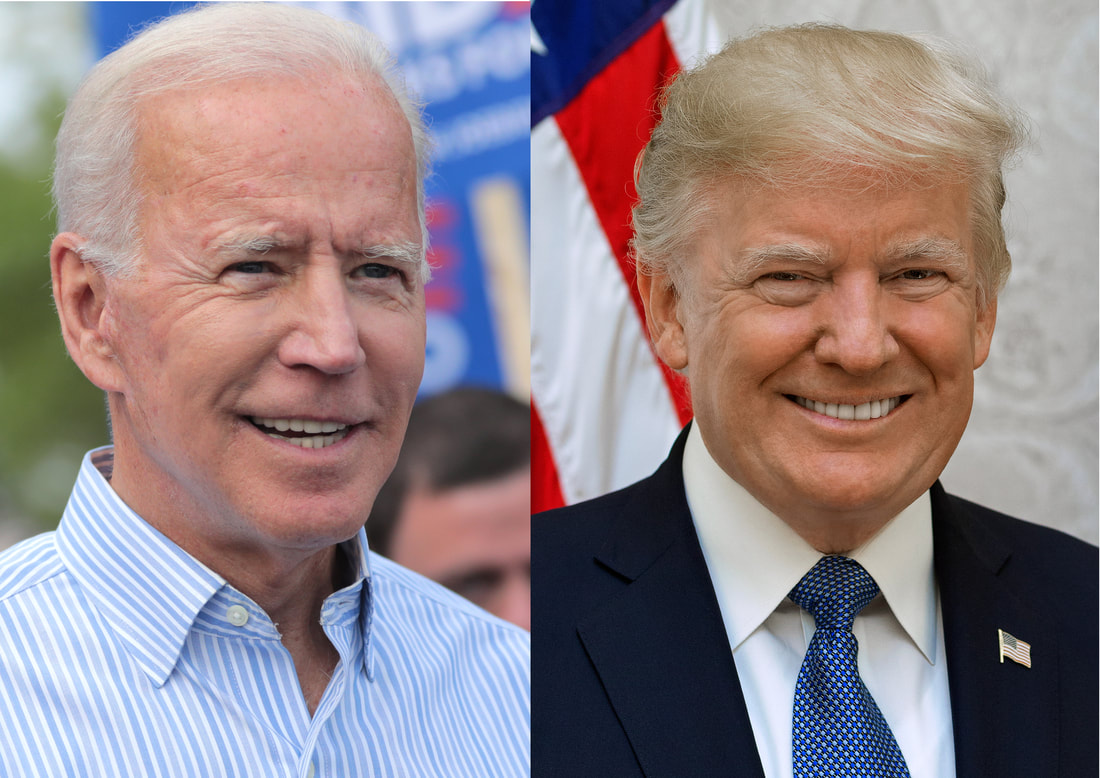|
By: E. Wichmann I’m writing this article on the night of the 7th of November right after watching Joe Biden’s speech after he was elected President of the United States of America. While I was watching it, I found that something was missing: He had not mentioned whether or not Donald Trump conceded the election.
Trump did not concede the election as of yet. As interesting as speculating whether or not Trump will concede the presidency, this is not the focus of this article. What I am going to talk about is what would happen if a presidential candidate did not concede a presidential race. It has become a bedrock for American democracy, and most of the modern democracies around the world, that the losing candidate of an election would call his opponent and concede the race. The losing candidate would then give a speech acknowledging his VOLUNTARY concession of the election and ask his supporters to unite around the newly-elected president. However, this is not mandatory. In theory, a candidate could refuse to concede the election even if he has lost both the popular vote and the electoral college vote in the USA. How would this work? Imagine a basketball game of 4 quarters and let’s assume that there is this bizarre tradition that at the end of the third quarter, the team that is losing will concede (voluntarily) the game to the winning team to spare the costs of the game going on and on. However, it is not something that is MANDATORY, teams do it in good faith. And that is exactly what goes on in the American electoral system. The tradition of the American electoral system specifies that candidates SHOULD concede the election after losing the electoral college and the popular vote. However, there is a “fourth quarter” in this electoral process. Let’s suppose that the losing candidate did NOT concede. Besides causing a constitutional crisis, this would set in motion the ‘rest’ of the election. The vote would then move onto the House of Representatives in which each state would have a delegation that would have one vote for president. The candidate with the largest number of votes wins the election. For centuries of American history, they have stuck to this tradition of conceding after the end of the electoral college and popular vote for the sake of a healthy democracy and kind of avoided a larger and more arduous process. How would this work for 2020? In spite of how Joe Biden won the electoral college vote, a larger number of states voted for Trump. So, because of how each state has 1 vote in this election for president in the house of representatives, Trump could be elected without winning the electoral college OR the popular vote. This would mean that the margin of votes of nearly 5 million votes would not matter because a larger number of states had a majority of people voting for Trump than for Biden. The purpose of this article is not to criticize the Trump administration or cast doubt upon whether he will accept the result of the election or not. However, it is interesting to explore how this may play out in any point in the future. Will we ever see this fourth quarter? More about this process in this TED talk: https://www.youtube.com/watch?v=WZWRhLW7Y8w
0 Comments
Leave a Reply. |
Categories
All
Archives
June 2024
|

